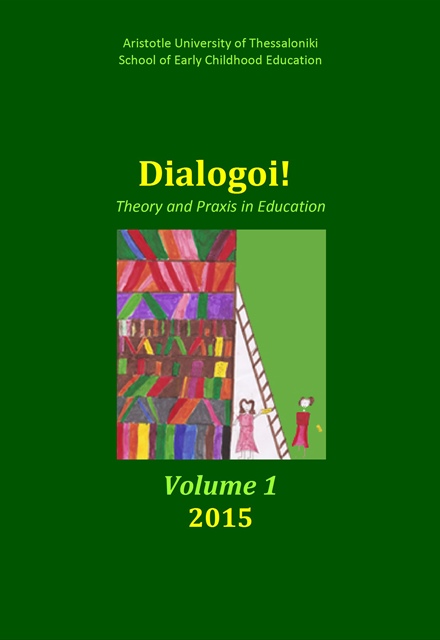Greek Sustainable School

Published:
Feb 1, 2016
Keywords:
Sustainable School whole school approach Education for Sustainable Development school climate school transformation citizenship
Abstract
The “Greek Sustainable School” is a program that promotes the philosophy of sustainable school. The sustainable school is a visionary school that operates as a community, aiming to create a suitable school climate in which the involvement of all members in the management of common goods is encouraged, the democracy and human rights served, learning, culture, health and sustainable development are promoted and active and creative citizens are developed. The program Greek Sustainable School tries to highlight the school's transformation mechanisms in sustainable. Τhe whole school approach has adopted and the introduction of sustainability in school is divided and organized around eight pillars, in order to encourage teachers to engage incrementally in processes of transformation of their schools and to monitor the progress of the changes they make. The eight pillars are: Democracy and Participation, Learning Framework, Culture and Arts, Building and Yard, Energy and Transportations, Water and Waste, Health and Nutrition, from the Local to the Global.
Article Details
- How to Cite
-
Trikaliti, A. (2016). Greek Sustainable School. Dialogoi! Theory and Praxis in Education, 1, 125–129. https://doi.org/10.12681/dial.8885
- Issue
- Vol. 1 (2015)
- Section
- Presentations of Innovative Programs

This work is licensed under a Creative Commons Attribution-NonCommercial-ShareAlike 4.0 International License.
Authors who publish with this journal agree to the following terms:
- Authors retain copyright and grant the journal right of first publication with the work simultaneously licensed under a Creative Commons Attribution Non-Commercial License that allows others to share the work with an acknowledgement of the work's authorship and initial publication in this journal.
- Authors are able to enter into separate, additional contractual arrangements for the non-exclusive distribution of the journal's published version of the work (e.g. post it to an institutional repository or publish it in a book), with an acknowledgement of its initial publication in this journal.
- Authors are permitted and encouraged to post their work online (preferably in institutional repositories or on their website) prior to and during the submission process, as it can lead to productive exchanges, as well as earlier and greater citation of published work (See The Effect of Open Access).
Downloads
Download data is not yet available.
References
Αειφόρο Ελληνικό Σχολείο: Όλοι νοιαζόμαστε, όλοι συμμετέχουμε. www.aeiforosxoleio.gr/
Gough, A. (2005). Sustainable Schools: Renovating Educational Processes. Applied Environmental Education and Communication, 14(4), 339-351.
Huckle, J. (2008). Sustainable Schools: responding to new challenges and opportunities. Geography, 94(1), 13-21. Ανακτήθηκε από http://www.jstor.org/stable/40574261?seq=1#page_scan_tab_contents
U.N.E.C.E. (2005). Στρατηγική της UNECE για την Εκπαίδευση για την αειφόρο ανάπτυξη. Συνάντηση των Υπουργών Περιβάλλοντος και Παιδείας. Vilnius, 17-18 Μαρτίου 2005. Ανακτήθηκε από http://www.unece.org/fileadmin/DAM/env/esd/strategytext/strategyiinGreek.pdf


